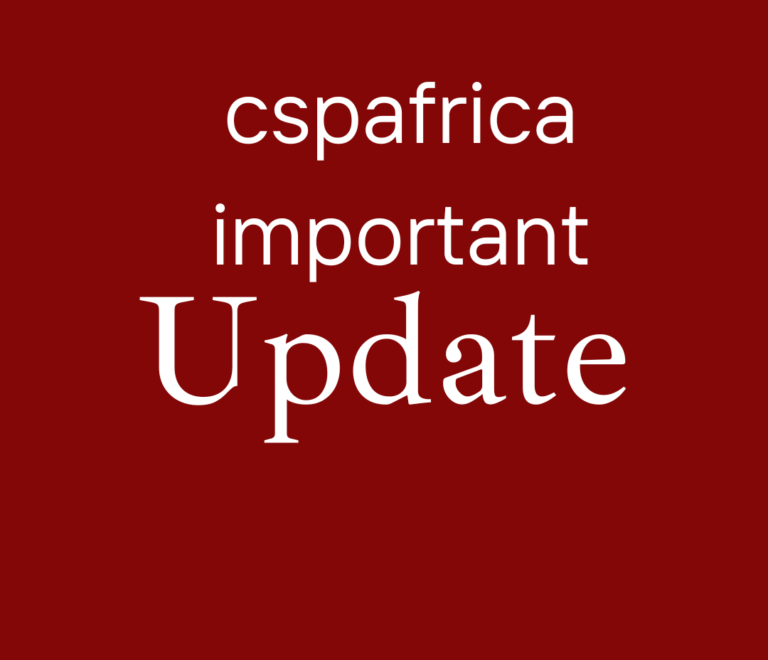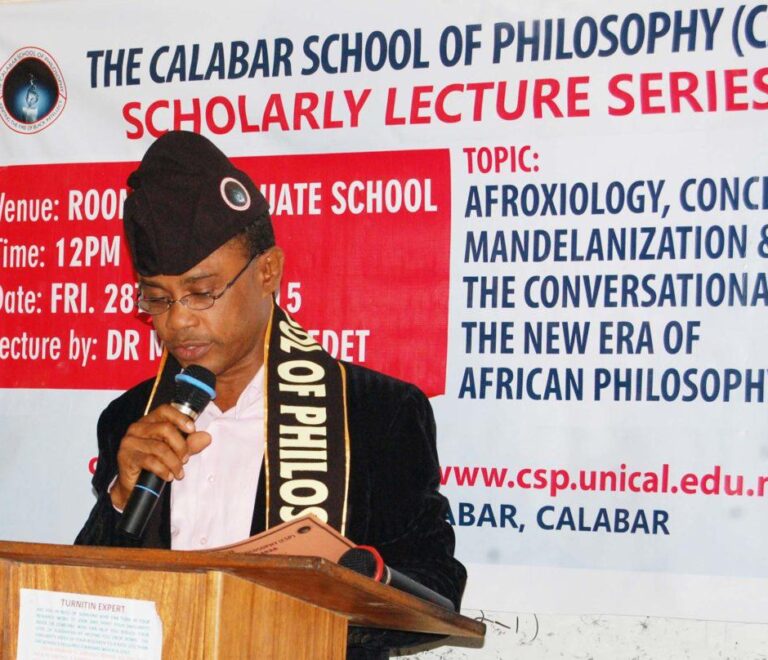1-day conference onThe Phenomenology of African Logic 16th January 2024
In honor of UNESCO WORLD LOGIC DAY, 14TH January 2024 SynopsisWhat is African logic? How does...
In honor of UNESCO WORLD LOGIC DAY, 14TH January 2024 SynopsisWhat is African logic? How does...
Centre for Phenomenology in South Africa and The Conversational School of Philosophy, April10, 2024 OverviewRadical moral...
…Unanimism—the illusion that all men and women in such societies speak with one voice and share...
September 14, 2024Organizer: Amara Esther Chimakonam, PhD. Centre for Phenomenology in South Africa,University of Fort Hare....
Host: Conversational School of Philosophy (CSP), Calabar, NigeriaIn collaboration with the Department of Philosophy, University of...
Date: March 14, 2025 Organizer: Amara Esther Chimakonam, The Conversational School of Philosophy,University of Calabar, Nigeria.Call...
An International Conference Organised by The Conversational Society of Philosophy (CSP) In recent times, the call...
Programme transhumanism in Africa 2024 Program Herstoricity and conceptual mandelization HERSTORICITY AND CONCEPTUAL MANDELANIZATION New Program...

1-day conference on The Phenomenology of African Logic 16th January 2024 In celebration of UNESCO WORLD LOGIC...

By Emmanuel OfuasiaPhilosophy Department,National Open University of Nigeria,FCT, Abuja. Growing up in Lagos during my primary...